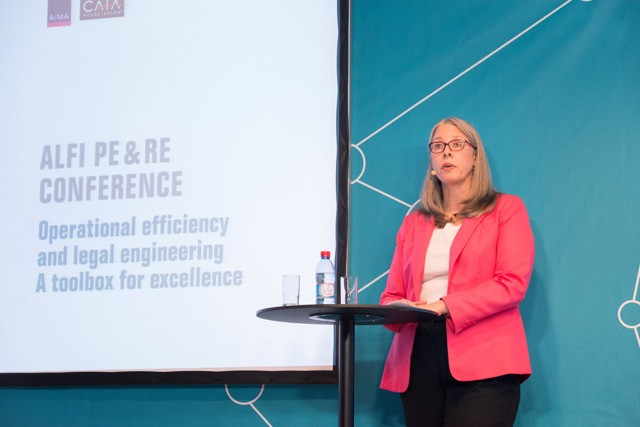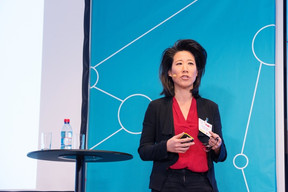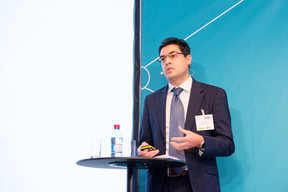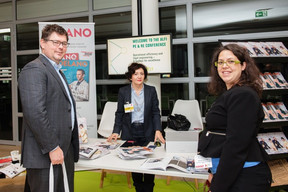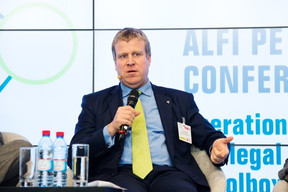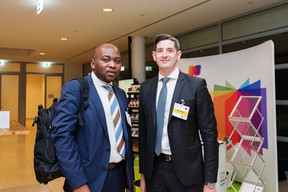There were just 30 private equity funds in 2004 when Luxembourg introduced the Sicar vehicle designed for this industry. Precise numbers are hard to calculate, but there are now thought to be in excess of 2,000 of these funds in this country, with the industry estimating more than €400bn assets under management locally. This is equivalent to more than 10% of the total assets for all Luxembourg funds.
At the first day of the Association of the Luxembourg Fund Industry’s Private Equity and Real Estate Conference , Tuesday 21 November, there were numerous references to the country’s “toolbox” and “ecosystem” meeting the needs of the global industry. As well, the talk was of the need to reduce uncertainty by establishing in a country known for its legal and political stability.
“Private equity has become a style of investing,” noted Eileen Burbridge, partner with Passion Capital, a VC firm based in London. In a low interest world, investors that have normally taken traditional approaches are increasingly turning to funds that support startup and growth businesses. “Unless there is World War III, private equity assets under management could triple to $15trn over next decade if current trends continue,” she added.
Burbridge argued that there was still untapped potential in the technology sector, saying investors and the wider business community have failed to appreciate how the economy is set for fundamental, tech-driven change.
The grand duchy is benefiting largely due to the EU insisting this industry be regulated, the Luxembourg government being keen to tweak the law to help the sector, and a regulator willing to work with business.
For example, in mid-2016, the reserved alternative investment fund was introduced to streamline the regulatory environment, and less than 18 months later this vehicle accounts for a quarter off all alternative investment funds in Luxembourg, according to Alfi’s Luxembourg Private Equity & Venture Capital Investment Fund Survey. The creation in 2013 of a common law style limited partnership regime has also been an important factor for attracting funds from the English-speaking world.
Several panelists also quoted the legal and political predictability of the country, encouraging “on-shorification” to Luxembourg, as a way of reducing representational and operational risk. Similarly, there is consensus that the UK leaving the EU is driving funds to consider a move to Luxembourg.
Although total investment in increasing, the number of funds is declining as investors seek to reduce costs. “Thus we will continue to see greater competition, and the need to be more distinctive and specialised,” Burbridge told the Alfi conference.
Along with this is a drive to create parallel US and EU fund structures: keeping a single fund while tapping into a wider investor base. Here too Luxembourg’s experience and flexibility is helping in the tricky task of creating convergence between diverse international teams.
